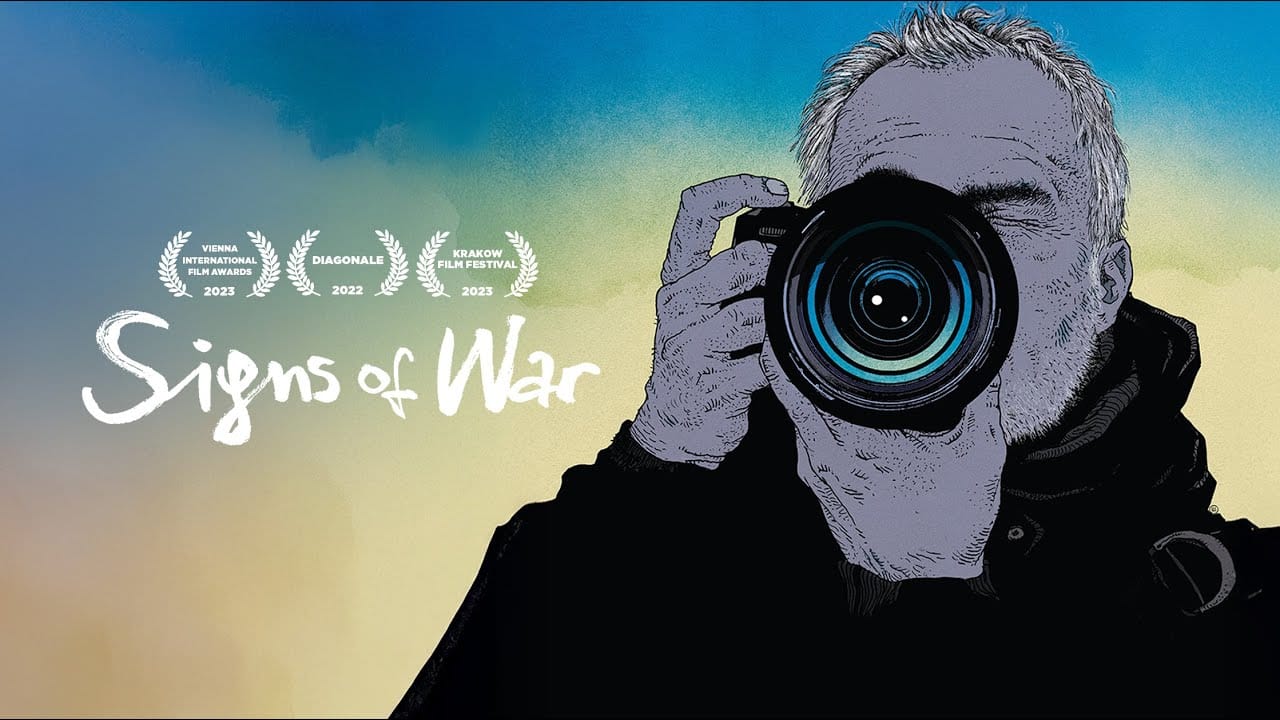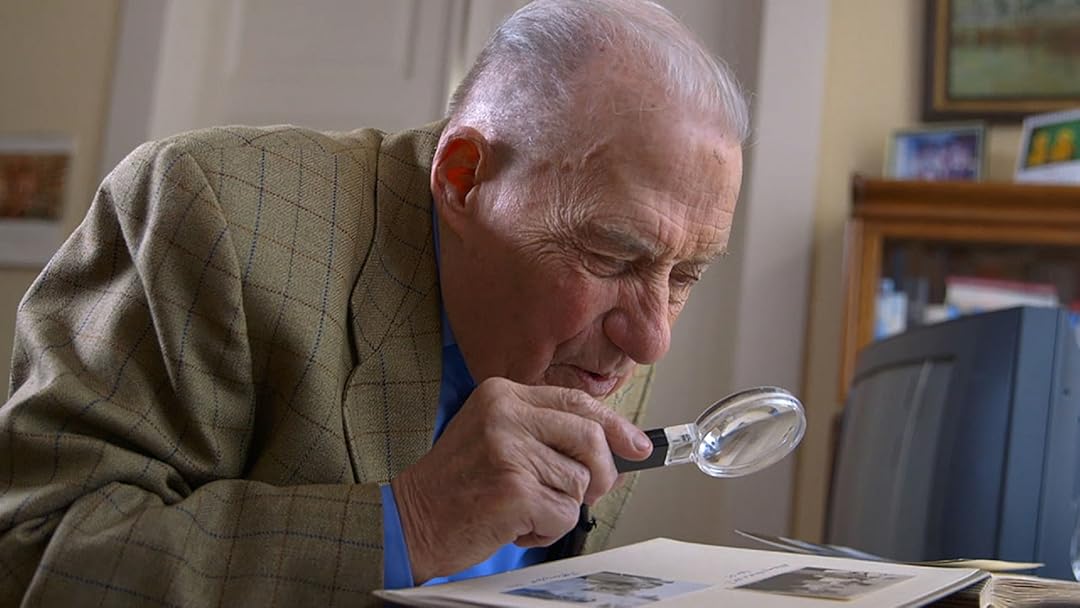Keywords: Deception, Lies, Psychology, Neuroscience, Documentary, Truth, Specialist Insights, Human Behavior, Social Experiment. Three words: 'Intriguing', 'Revealing', 'Insightful'
Introduction
"The Truth About Liars" is a fascinating documentary directed by Sharon Bartlett and Maria Lerose. Released in 2015, the film delves into the pervasive phenomenon of lying. From harmless white lies to deceitful manipulations, the documentary presents insights from world-class specialists, revealing that everyone lies, and it's not as easy to detect as one might think.
Synopsis
The documentary provides a comprehensive exploration of why humans lie, how often they do, and how good we are at detecting deceit. It presents various scientific findings and social experiments conducted by psychologists and neuroscientists to understand the science behind lying. It also discusses the social and ethical implications of deception and the impact on interpersonal relationships.
More Film Analysis
Analysis
"The Truth About Liars" adopts a scientific and analytical approach, combining interviews with specialists, experiments, and real-life scenarios. The documentary is thorough in its research, providing viewers with an in-depth understanding of the complex nature of deception. The film explores the subject matter with a balanced perspective, taking into account both the biological and sociological aspects of lying.
Historical and Factual Context
Lying has been a part of human behavior since the beginning of civilization. However, the scientific study of lying has only become a focal point in recent decades. Understanding the nuances of deceit can provide insights into human behavior, social relationships, and even criminal behavior.
Key themes in the film
- The psychology and neuroscience behind lying
- The ethical implications of deception
- The impact of lying on relationships
Film Comparisons
Compared to other documentaries on human behavior, "The Truth About Liars" offers a unique focus on deceit. Unlike films such as "The Human Behavior Experiments" or "The Science of Interpersonal Trust", this documentary delves deeper into the specific area of lying.
Noteworthy Moments
One of the most significant revelations in the documentary is the demonstration of how poor humans are at detecting lies, contrary to popular belief.
Reviews
"The Truth About Liars" was well-received by audiences and critics alike for its informative and engaging approach. As one critic mentioned, "This documentary provides a fascinating insight into a universally shared behavior - lying."
Conclusion
"The Truth About Liars" is an important documentary for anyone interested in psychology, human behavior, or social relationships. It offers a valuable understanding of why we lie and how it impacts our lives and society.
More film information:
FILM SUMMARY
- Genre: Documentary
PERSONALITIES
- Sharon Bartlett: Director
- Maria Lerose: Director
LOCATIONS
- Various locations featuring interviews and experiments
Key Questions Raised by the Film:
- Why do humans lie?
- How often do people lie?
- How good are we at detecting lies?
- What are the social and ethical implications of lying?
Links for Further Exploration:
I wonder what the film would be in another art form



.
- If this film was a famous book, it would be "Lying" by Sam Harris because it explores the same theme of deceit and its implications.
- If this film was a famous song, it would be "Little Lies" by Fleetwood Mac for its exploration of deceit in relationships.
- If this film was a famous piece of art, it would be Picasso's "The Weeping Woman" symbolizing the pain and sorrow that lies can cause.
- If this film was a famous celebrity, it would be Derren Brown, a psychologist and illusionist known for his understanding of human perception and deception.
- If this film was a color, it would be gray, symbolizing the moral ambiguity of lying.
- If this film was a music style, it would be jazz, known for its complex rhythms and improvisations, much like the intricacies of deception.








